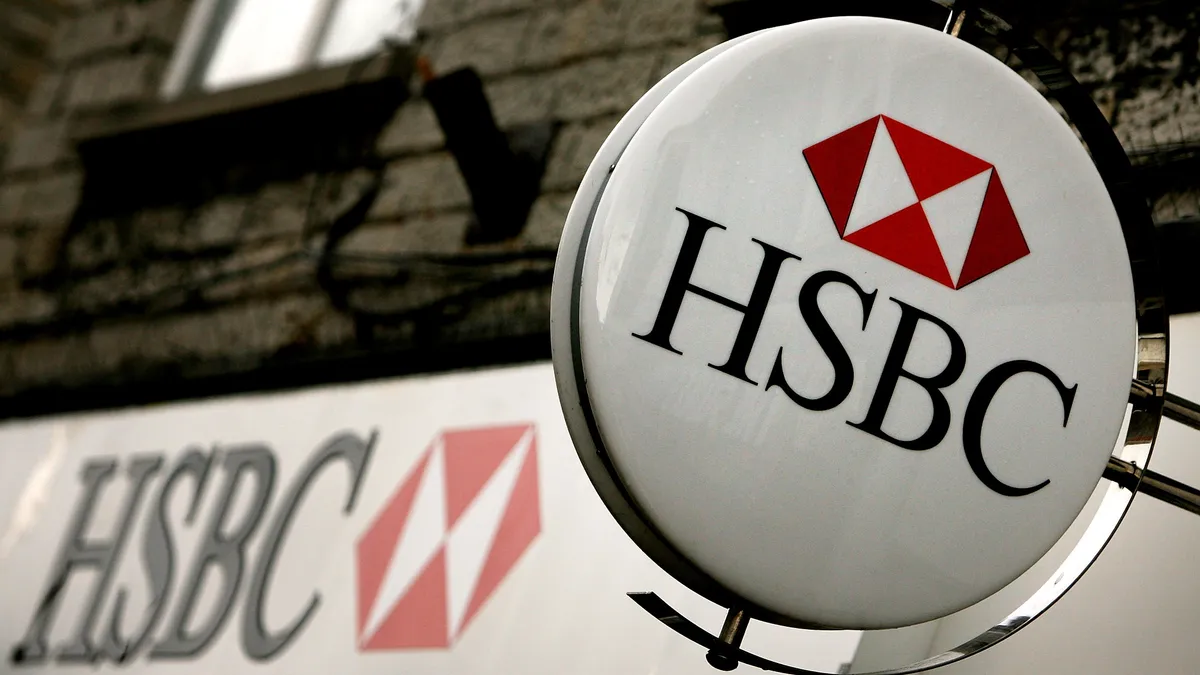HSBC’s head of global banking sustainability, Alexi Chan, is taking a five-month sabbatical and will return in late November, according to an internal memo.
Chan’s sabbatical will start in July and was confirmed to Bloomberg, which reported the memo Wednesday.
The two-decade veteran of the bank sits on its global banking and markets executive committee. He “plans to spend more time with his family and explore a number of personal interests,” according to the memo.
Mary MacLeod, HSBC’s head of global banking strategy and chief commercial officer for banking, will take on Chan’s duties. MacLeod, who is based in Hong Kong, joined HSBC in 2019, according to her personal LinkedIn.
Chan’s sabbatical follows a personal leave announcement last week from another big bank executive, Goldman Sachs’ Stephanie Cohen, who is taking time away from work to focus on family.
While a five-month break from work may be uncommon, it’s not unheard of. UBS’s chief risk officer, Christian Bluhm, stepped down in November to focus on his photography business and pursue opportunities in academia. But he returned in May “for the foreseeable future” to help the Swiss bank’s integration with Credit Suisse.
Several Wall Street banks have rolled out sabbatical policies in recent years. Bank of America was set this year to begin offering paid four-week sabbaticals to employees who have worked 15 years at the company. The sabbatical period increases to five weeks for employees who have served 20 to 25 years, and six weeks to employees with 30 years or more.
“Your emotional wellness matters and is an essential component of your overall health,” the bank wrote, adding the sabbaticals are meant to help employees “reinvest in their priorities in life.”
Goldman Sachs in 2021 said it would offer a six-week unpaid sabbatical to employees who have been at the bank for 15 years or more.
And Citi in 2020 said it would begin offering sabbaticals of up to 12 weeks to employees with five years’ tenure. However, workers would get just 25% of their base pay during their time away.
Employees may have to be convinced, however, that they won’t be stigmatized for taking the time.
“Taking a sabbatical is not the kind of thing that super-engaged executives do,” Peter Cappelli, director of the Wharton School’s Center for Human Resources, told The Wall Street Journal in 2021.













